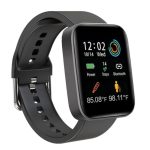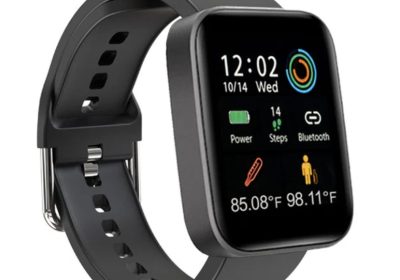
Understanding the Risks and Effects of Inhaler Use in Non-Asthmatic Individuals
The use of inhalers, particularly those designed for asthma, by individuals without asthma has become a topic of discussion due to the increasing accessibility of these medications. While asthma inhalers are intended to relieve symptoms such as wheezing, shortness of breath, and chest tightness by delivering medication directly to the lungs, their use by non-asthmatics warrants careful consideration.
What Are Inhalers?
Asthma inhalers are medical devices that deliver medication to the airways. There are various types of inhalers, such as:
Metered-dose inhalers (MDIs) which deliver a specific amount of medication in aerosol form.
Dry powder inhalers (DPIs) that release medication in powder form for inhalation.
Nebulizers that convert liquid medication into a fine mist to be inhaled.
The medications in these inhalers can be bronchodilators, which relax the muscles around the airways, or corticosteroids, which reduce inflammation in the airways.
The Implications of Inhaler Use in Non-Asthmatics
Misdiagnosis Risks: Using an inhaler without a proper asthma diagnosis can mask symptoms of other respiratory conditions, potentially leading to a misdiagnosis.
Side Effects: Inhalers can cause side effects, including increased heart rate, tremors, and nervousness. In people without asthma, these side effects can be more pronounced because their airways don’t need the medication.
Dependence and Overuse: There’s a risk of becoming psychologically dependent on the inhaler for perceived breathing issues, which can lead to overuse and more serious health concerns.
Medication Interactions: Inhalers can interact with other medications, even over-the-counter or herbal remedies, which can cause adverse effects.
When Might a Non-Asthmatic Use an Inhaler?
There are scenarios where a doctor might prescribe an inhaler to a non-asthmatic individual. For example:
Chronic Obstructive Pulmonary Disease (COPD): Patients with COPD may use inhalers similar to those used by asthma patients.
Bronchitis: In some cases of acute bronchitis, a doctor may prescribe an inhaler to help open up the airways temporarily.
Exercise-induced Bronchoconstriction (EIB): Individuals who experience bronchoconstriction during exercise might be prescribed an inhaler to use before physical activity.
Safety Considerations
Medical Advice: It’s essential to consult with a healthcare provider before using an asthma inhaler if you are not diagnosed with asthma.
Proper Use: If an inhaler is prescribed, it should be used only as directed by a healthcare professional.
Monitoring: Individuals using an inhaler for any reason should be closely monitored for side effects or any signs of worsening symptoms.
Inhalers are powerful medical tools designed for specific respiratory conditions, primarily asthma. Their use by individuals without these conditions should not be taken lightly. Non-asthmatic use of inhalers without medical supervision can lead to unnecessary risks and complications. It is always recommended to seek medical advice and undergo appropriate diagnostic testing to determine the cause of respiratory symptoms and the best course of treatment.
This article was written by a peptide professional from https://domesticpeptides.com/. Looking for High-Quality Peptides and Research Chemicals for sale? Well, look no further. Welcome to Domestic Peptides where you’ll find a huge selection of Research Peptides for sale and Research Chemicals for Sale, all made in the USA.


















